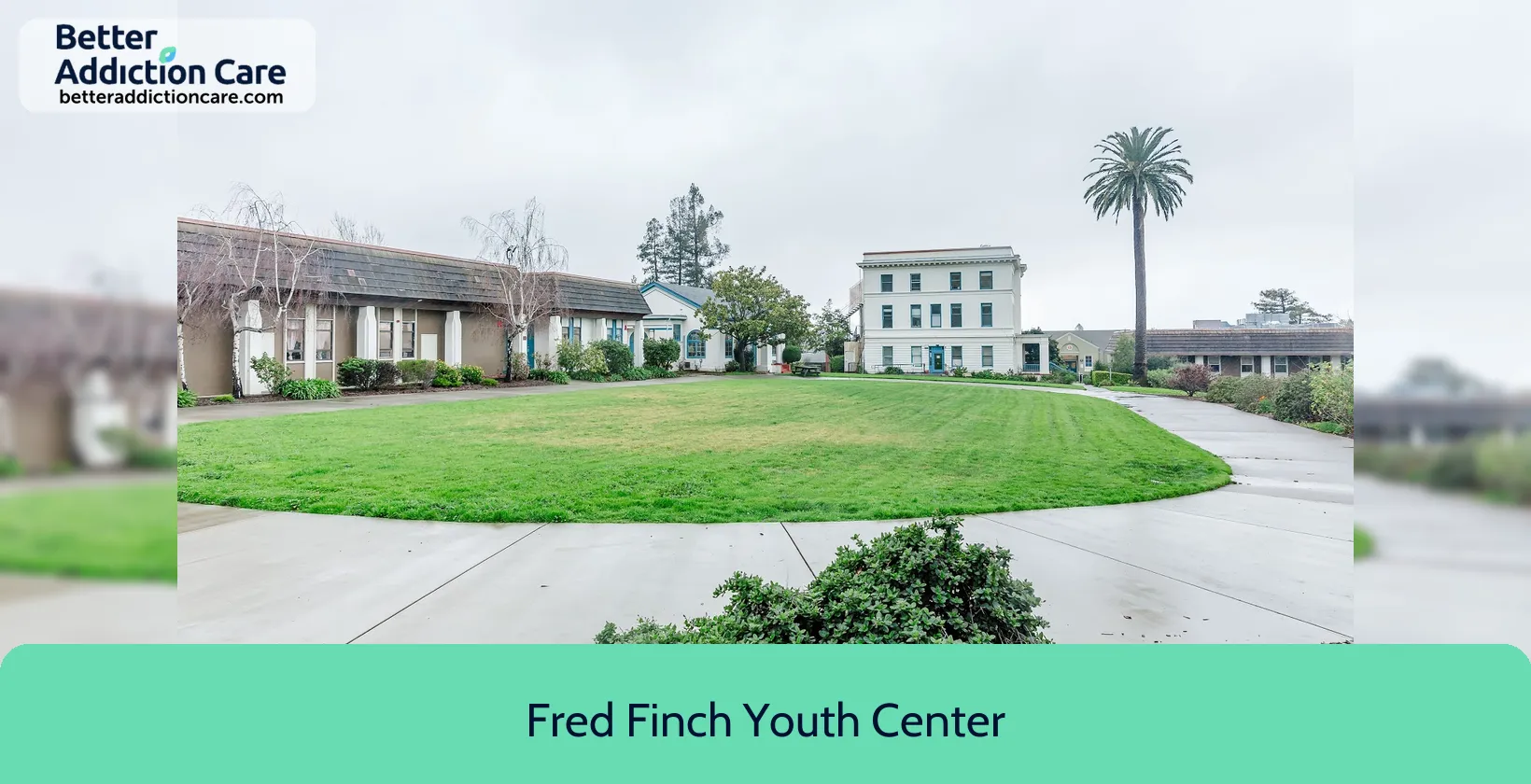Contra Costa TAY Program

Overview
Contra Costa TAY Program is an substance abuse treatment center that provides outpatient treatment for men and women from 18+ years of age. As part of their special programs, Contra Costa TAY Program treats clients who have experienced trauma. To help patients achieve sobriety, Contra Costa TAY Program provides intake assessments. Afterward, patients receive family counseling, individual psychotherapy, and cognitive behavioral therapy during treatment. Contra Costa TAY Program is located in San Pablo, California, providing treatment for people in Contra Costa County, accepting medicaid, state-financed health insurance plan other than medicaid, and state welfare or child and family services funds.
Contra Costa TAY Program at a Glance
Payment Options
- Medicaid
- State-financed health insurance plan other than Medicaid
- State welfare or child and family services funds
- Payment assistance (check with facility for details)
- Medicare
Assessments
- Comprehensive mental health assessment
- Comprehensive substance use assessment
Age Groups
- Children/adolescents
- Young adults
Operation
- Private for-profit organization
Highlights About Contra Costa TAY Program
6.71/10
With an overall rating of 6.71/10, this facility has following balanced range of services. Alcohol Rehabilitation: 8.00/10, Drug Rehab and Detox: 6.00/10, Insurance and Payments: 6.00/10, Treatment Options: 6.85/10.-
Alcohol Rehabilitation 8.00
-
Treatment Options 6.85
-
Drug Rehab and Detox 6.00
-
Insurance and Payments 6.00
Treatment At Contra Costa TAY Program
Treatment Conditions
- Mental health treatment
- Substance use treatment
- Co-occurring Disorders
Care Levels
- Outpatient
Treatment Modalities
- Family counseling
- Individual psychotherapy
- Cognitive Behavioral Therapy
- Dialectical Behavior Therapy
- Group counseling
Ancillary Services
Languages
- Spanish
Special Programs
- Clients who have experienced trauma

Additional Locations
Contact Information
Read our Most Recent Article About Drug Addiction
DISCLAIMER: The facility name, logo and brand are the property and registered trademarks of Contra Costa TAY Program, and are being used for identification and informational purposes only. Use of these names, logos and brands shall not imply endorsement. BetterAddictionCare.com is not affiliated with or sponsored by Contra Costa TAY Program.









